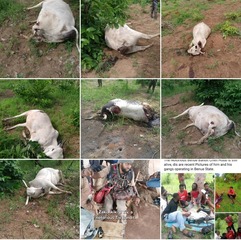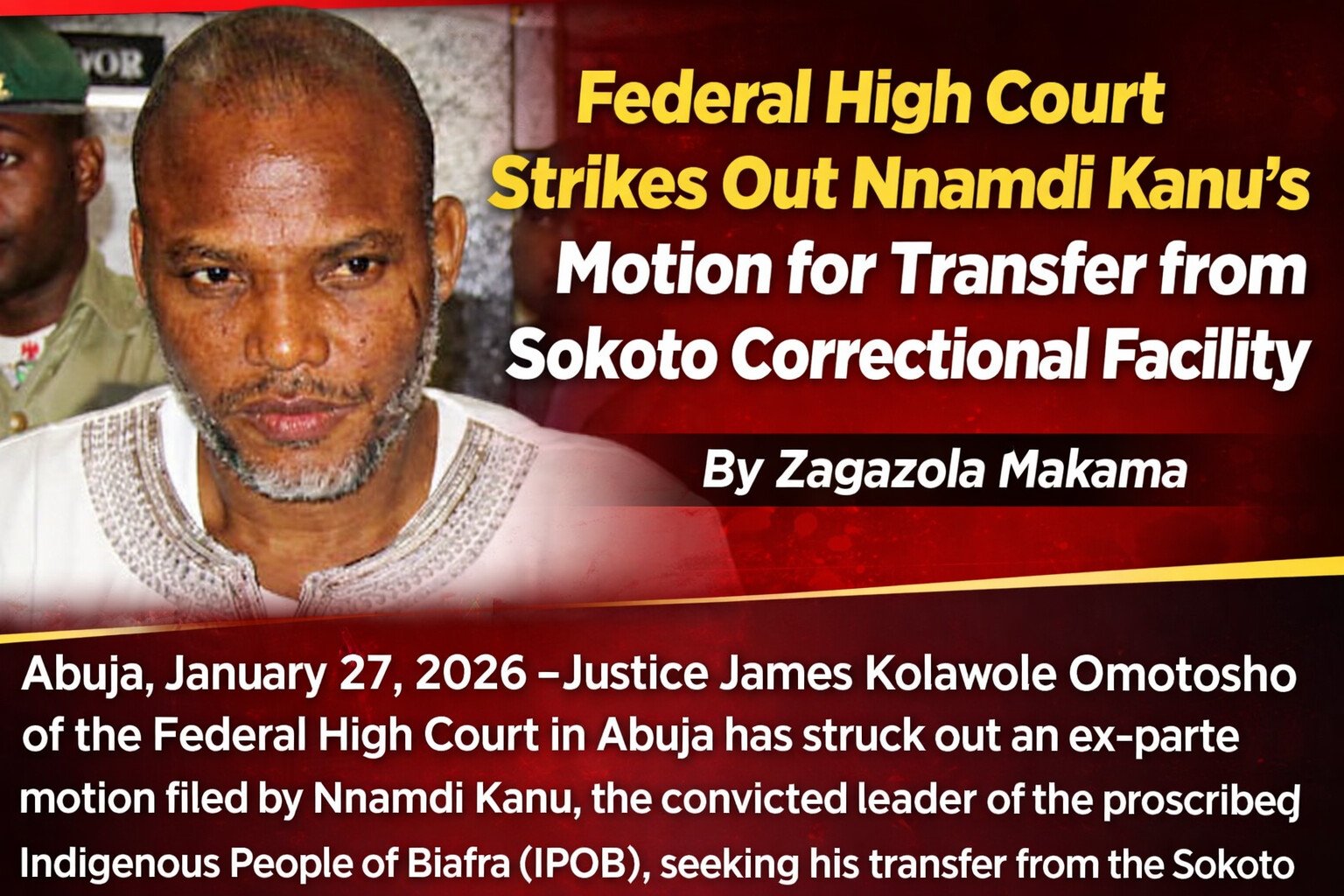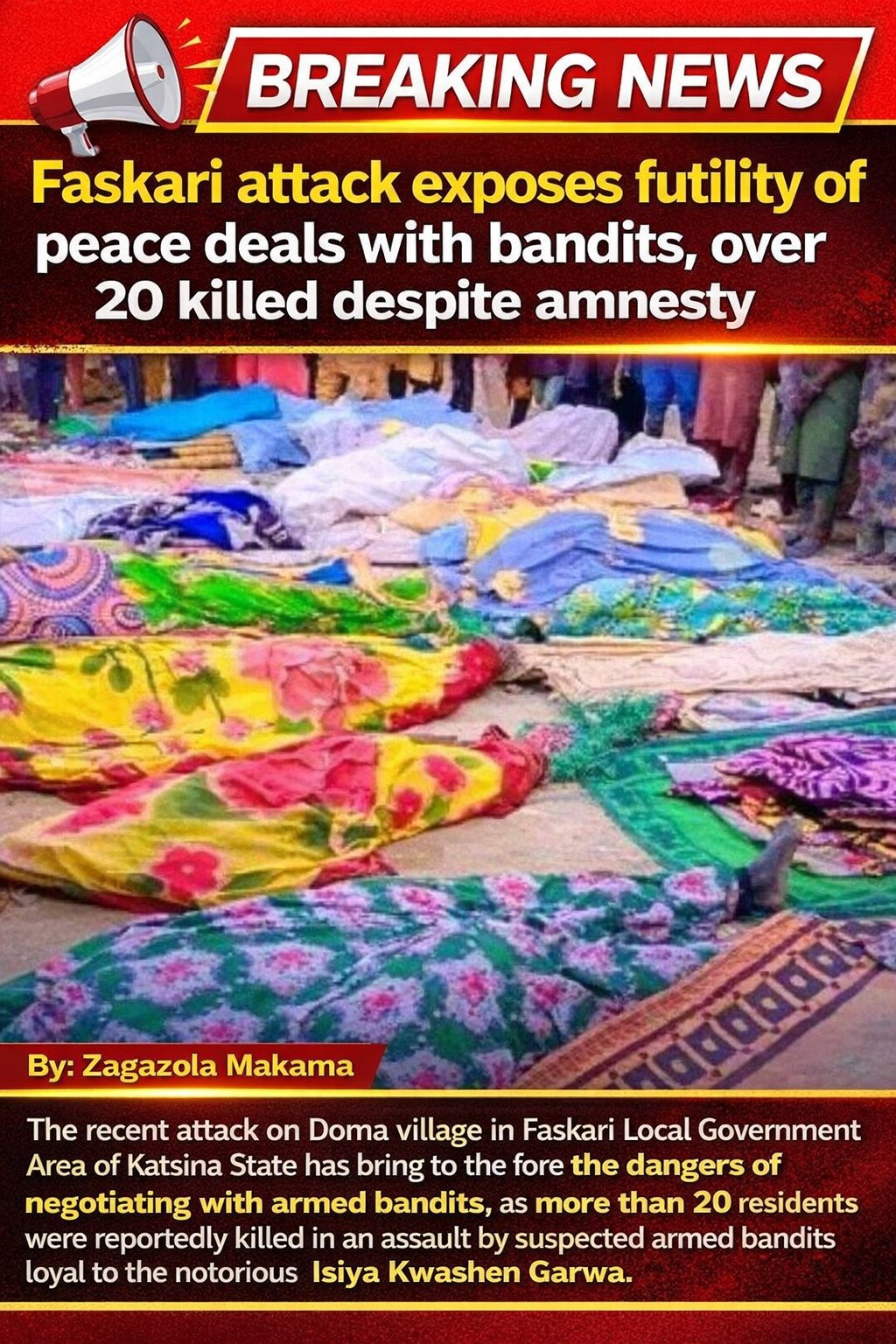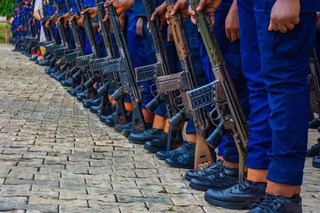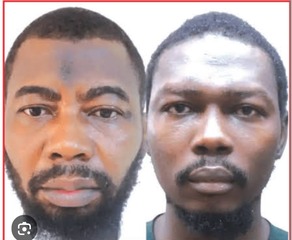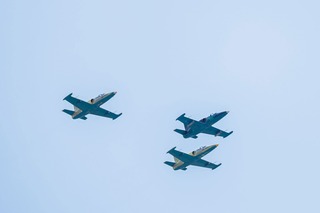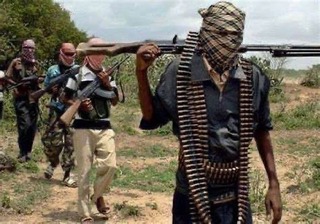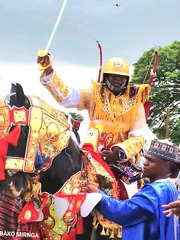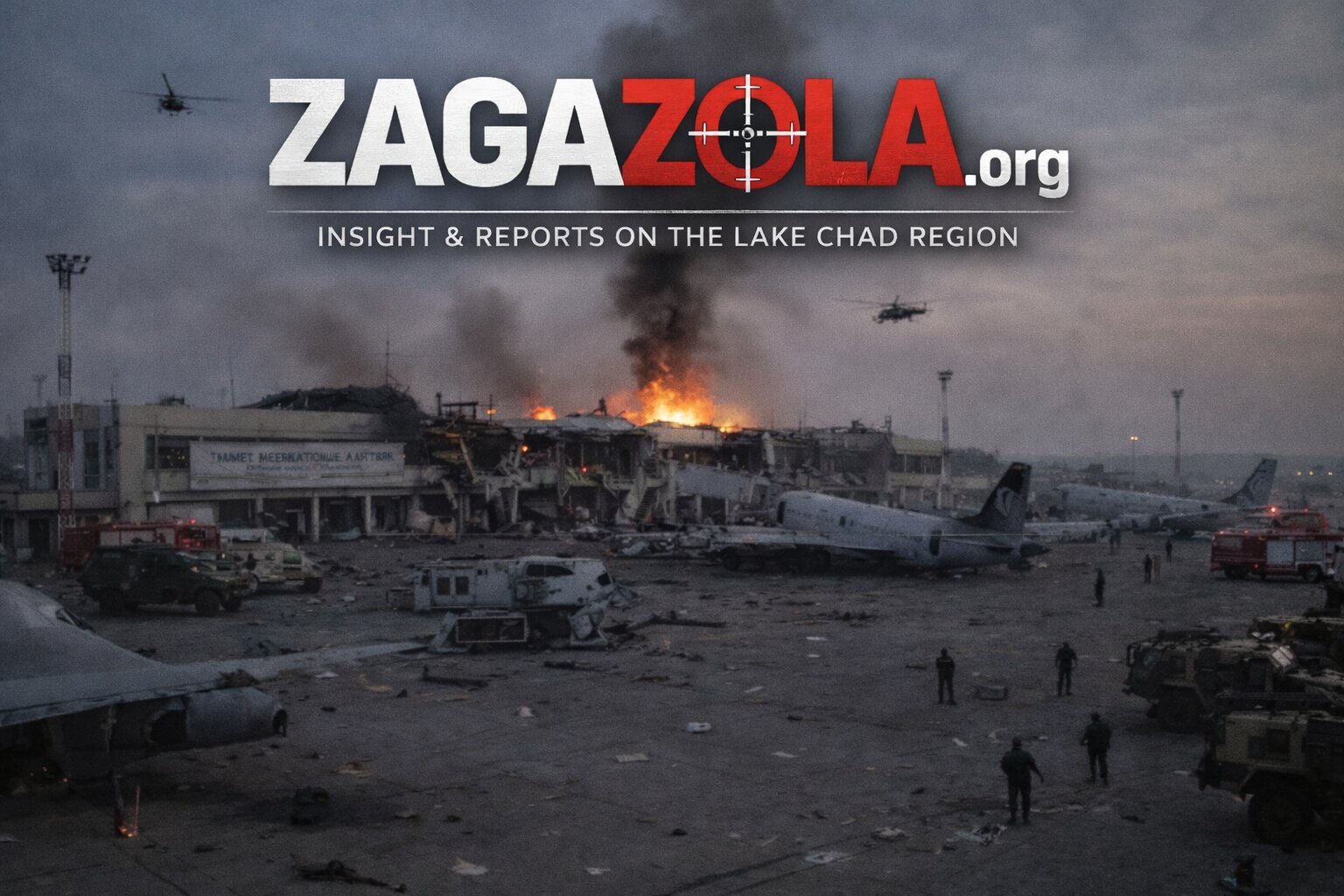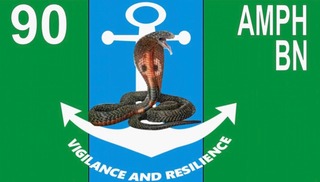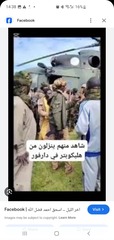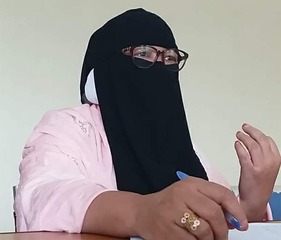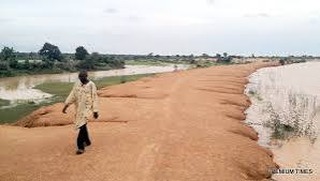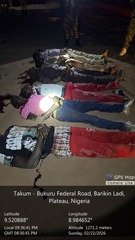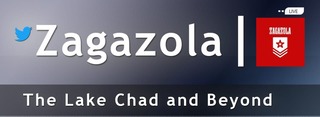20 Fulani men killed and over 200 cattle either shot or maimed as Circle of violence deepens in North Central Nigeria
By: Zagazola Makama
The escalating cycle of violence in Nigeria’s North Central region has taken a disturbing turn, with recent attacks revealing a deepening ethno-communal divide that threatens the fragile peace of the zone.
While widespread attention has been given to recent heinous mass killings of over 100 victims in Tiv-dominated areas, fresh intelligence and local sources reveal that a silent wave of retaliatory violence targeting none violent Fulani communities is gaining momentum with little or no state response.
From June 21 to 22, no fewer than 20 Fulani men were reportedly killed and over 200 cattle either shot or maimed in parts of Benue State, particularly in the southern axis of Makurdi, allegedly by armed Tiv ethnic militias. Displaced Fulani survivors, along with scattered cattle, are said to have fled into surrounding forests or crossed into nearby states including Nasarawa and Plateau.
Zagazola Makama gathered from credible sources that the targeted killings are part of the move by armed local militia to forcefully evict Fulani communities from Benue and consolidate ethnic control of rural territories. The same sources allege that some local politicians, community elders and traditional rulers have been quietly supporting this campaign by arming militias and enlisting the assistance of retired and serving security personnel.
“These attacks are not spontaneous. There is coordination and a clear agenda to arm one side while portraying the conflict as a one-sided aggression,” Most of the people just consider every Fulani person as a bandits including their cows,”a senior security official, who pleaded anonymity, said.
The same weekend, in Mangu Local Government Area of Plateau State, 12 persons, mostly women and children were killed in another tragic episode of communal reprisal. They were passengers on an 18-seater bus from the Basawa community in Zaria, Kaduna State, en route to a wedding in Quan’an Pan LGA. The victims reportedly lost their way and sought directions before being attacked and killed. The vehicle was set ablaze, with some victims burnt inside.
The North Central states including Benue, Plateau, Nasarawa, Taraba, Gombe, Bauchi as
Well as Sokoto, Zamfara and Katsina in the North West, have become a flashpoint of what analysts describe as a complex, multi-layered ethno-communal and ethno-religious conflict, primarily between sedentary farming communities and nomadic herders, most of them Fulani. While in the North West, the same pattern of attacks is currently occurring between the Fulani and the Hausa where the local militia known as Askarawa are defending their localities against incursions of the violent Fulani attackers.
Each side continues to nurse deep-seated grievances and sees attacks whether on villages or on herds as defensive or retaliatory. This entrenched mistrust is fuelling the local arms race, with both communities reportedly stockpiling small arms and light weapons (SALWs) in preparation for either defense or revenge.
The situation is increasingly being exploited by transnational jihadist networks. The al-Qaeda-linked Katiba Macina, a brigade of the Jama’a Nusrat al-Islam wal-Muslimin (JNIM), has reportedly made victimisation of Fulani communities a key ideological recruitment tool. This has also driven many disenchanted Fulani youths already victims of communal violence into the arms of extremist groups spreading from Mali, Burkina Faso and Niger into Nigeria’s North.
The failure to address the killings of none violent Fulani people with the same urgency as attacks on farming communities is creating a perception of state complicity or bias. This imbalance in response is dangerous. Despite the gravity of the unfolding crisis, there appears to be a deafening silence from state governments and other response agencies regarding attacks on Fulani communities. This inaction is fueling suspicion and resentment, further stoking the flames of mutual distrust, more attacks and hostility inform of revenge.
We called for urgent government intervention not only through security deployments but also through a public denunciation of all forms of violence regardless of the ethnic identity of victims or perpetrators.
We also advise the identification and arrest of known sponsors of local militias, including politicians and traditional leaders reportedly using public influence to deepen the divide. Such steps, are necessary to break the cycle of violence and restore confidence in government’s neutrality.
As it stands, the North Central region teeters dangerously on the edge of widespread sectarian escalation, with the twin threats of community rearmament and external jihadist infiltration converging in a volatile mix.
Unless urgent and balanced action is taken to address the grievances of all affected communities, Nigeria risks sliding further into a conflict that will be far more difficult and costlier to contain.







